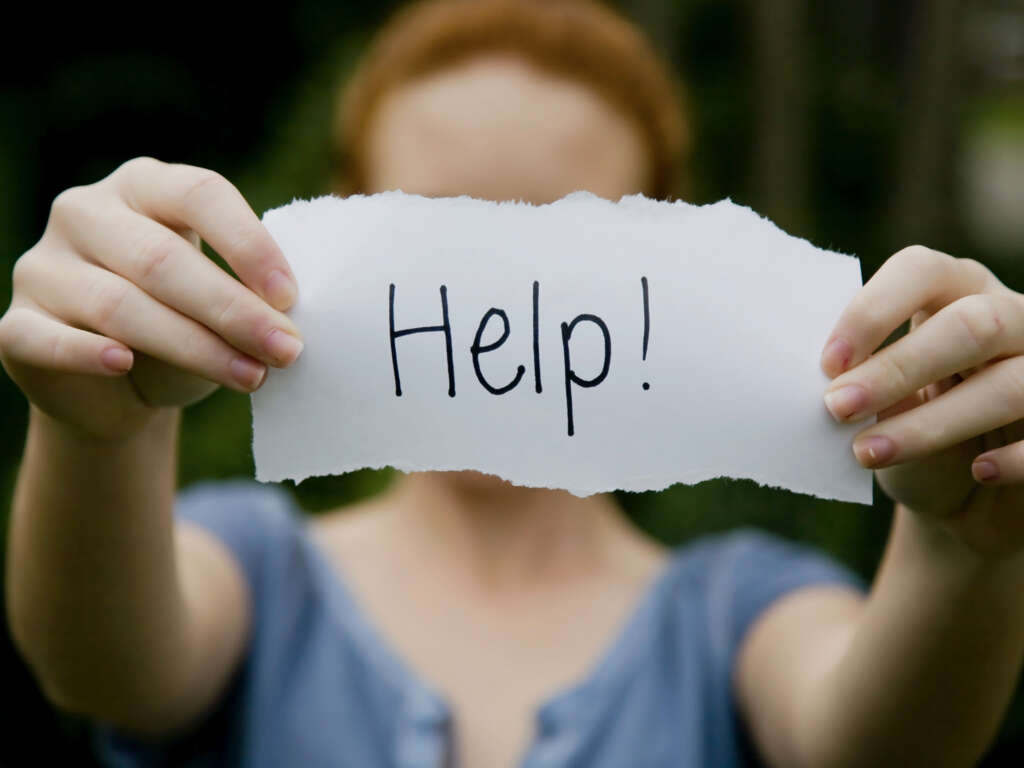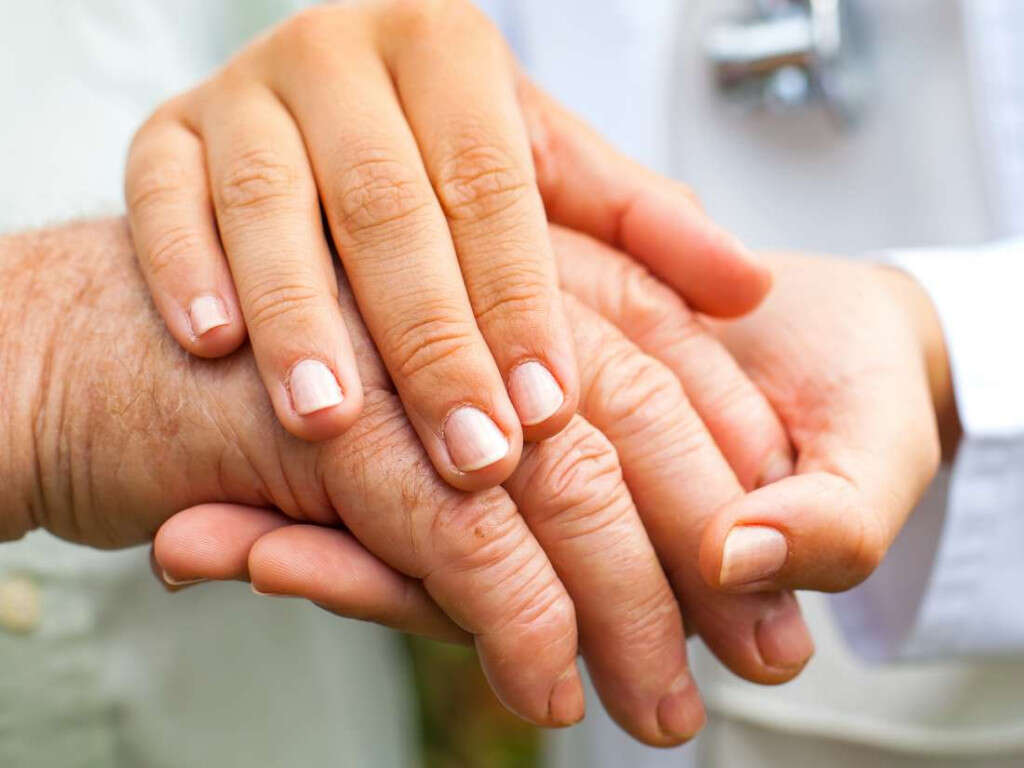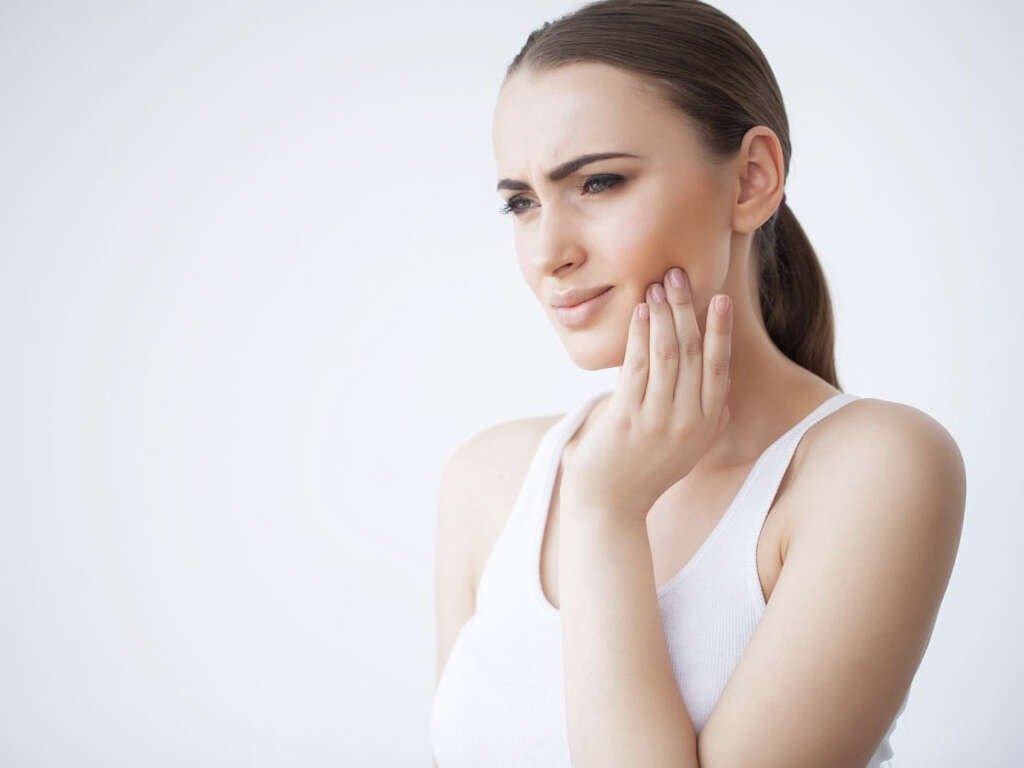10 Common Mental Disorders
The human brain is the most complex thing that we know of in the universe. An unimaginable number of connections help it to make complicated calculations in the blink of an eye. It enables us to remember, to have complex personalities and even allows us to question the nature of reality itself. As is usual with something so complex, though, there is a lot that can go wrong.
Mental disorders are conditions that can affect the way people think and the way they act. They can struggle to act within societal norms and, at times, they can be a danger to themselves and to others. They will often have a severe impact on the patient themselves, leading to a quality of life that some come to think is not worth living at all.
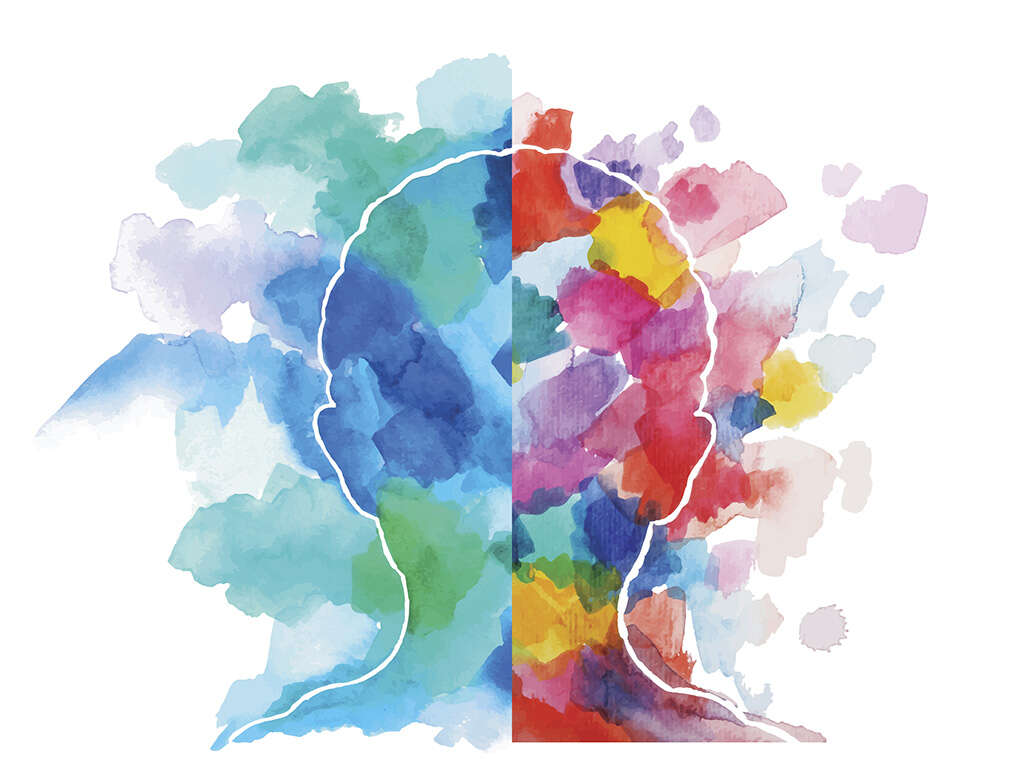
Mental Disorder #1: Tic Disorders
Most of the physical actions we undertake are involuntary. They happen as a result of commands coming from the subconscious of our brain. Subconscious actions enable us to perform complex actions such as walking, running and even talking. Some mental disorders, however, can cause these subconscious actions to become quite erratic.
Tic disorders cause the patients to make erratic movements or sounds for no particular reason. They generally have no control over it. Among the most famous of all tic disorders is Tourette’s syndrome. Tourette’s can even cause people to make involuntary outbursts of insulting, foul language and other sounds and actions.

Mental Disorder #2: Personality Disorders
We are all quite different from one another. That we all have different personalities helps to make each other so interesting and can make it fascinating to meet new people. Sometimes, though, we might meet somebody whose personality clashes with ours. Sometimes, it might be down to them having a disorder regarding their personality.
Common personality disorders include paranoid personality disorder and narcissistic personality disorder. There are numerous others and they have the potential to destroy lives. Not only can the patient’s life be destroyed, but the disorders can also destroy the lives of others around them.

Mental Disorder #3: Eating Disorders
Getting the food we need is essential to our well-being. It provides us with the energy that we need and the building blocks that help us to repair and grow our bodies. Without enough food, we would simply, die, but some mental disorders can prevent people from getting the nutrition they need.
Eating disorders cause the patient to feel strong negative emotions when eating. They can feel ugly, fat or ashamed and try to steer clear of food altogether. It is also common for them to try to hide their condition from others. Eating disorders can cause the patient to suffer considerably with their overall health and they can be dangerous for the patient.

Mental Disorder #4: Anxiety Disorders
All of us will have felt anxiety at some point in our lives. It is quite a common and natural response to what is going on around us. It could be a response to something we are afraid of such as having a spider in the bathroom. Or, it could be a response to a stressful situation such as an upcoming job interview or surgery.
Most of us will only experience anxiety when there is a genuine stimulus. People with anxiety disorders, though, can experience anxiety even when there is no reason for them to feel so stressed. For people with the disorder, being around other people or even opening the front door can be enough to bring on an anxiety attack.

Mental Disorder #5: Dissociative Disorders
For the most part, we are able to have a pretty good grip on our self-awareness and the world around us. We know who we are and where we are and we know all about what has happened in the past. If people lose grip on this reality, though, then things can become quite difficult for them.
Dissociative disorders are usually brought about by extreme stress. They can cause the patient to lose grip on their understanding of who they are and the world around us. This group of disorders also include dissociative personality disorder, which used to be known as multiple personality disorder.

Mental Disorder #6: Psychotic Disorders
Our senses do a pretty awesome job at letting us know what is around us. We can see, hear and feel our surroundings and we are also able to distinguish fact from fiction. With psychotic disorders, though, it can even become difficult to tell what is really there and what is not.
Psychotic disorders are likely to cause hallucinations. This can mean seeing, hearing and even feeling things that are not there. They can see people and objects that don’t exist and hear voices of people that are just not there. Psychotic disorders can also lead to delusions, which means believing things to be true despite there being plenty of evidence showing they are not.
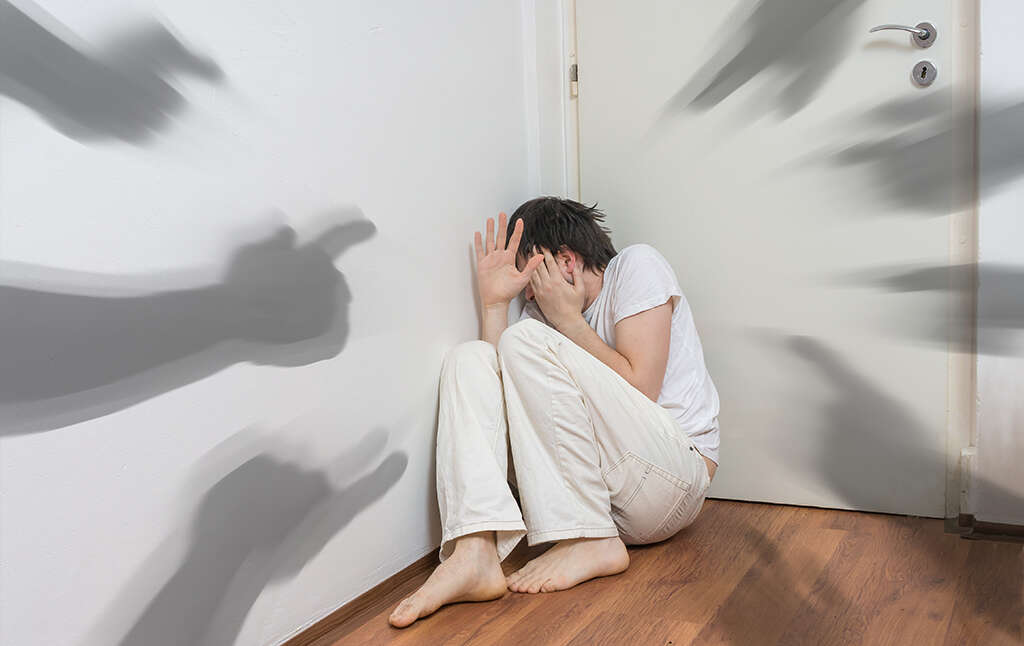
Mental Disorder #7: Obsessive-Compulsive Disorder
Most of us prefer it when things are neat and tidy. Many of us can even get irritated when things are messy and insist on getting them cleaned up. For people with obsessive-compulsive disorder (OCD), though, the need for things to be just right can be extreme. It can take over the patient’s life and often make things unbearable for them.
Objects will need to be in just the right place and in just the right order. Anything that is out of place can be extremely discomforting for the patient. It can also be necessary for procedures to be followed exactly. Even making a cup of coffee can be an extensive ritual that must be followed exactly to the patient’s liking.

Mental Disorder #8: Impulse Control Disorders
Even those of us that are always well-behaved can occasionally be tempted to do something we shouldn’t. We might even cave into temptations from time to time, but this would usually involve minor infractions that cause no real harm. Some people, though, can find it all but impossible to resist urges regardless of their potential consequences.
Somebody with an impulse control disorder can have difficulty resisting the temptation to steal, for example. They might also not be able to resist gambling and taking part in other activities that could have a severe impact on their lives. Their actions can be dangerous to themselves and to those around them.

Mental Disorder #9: Post-Traumatic Stress Disorder
The vast majority of us will experience some very unpleasant and/or frightening situations. These experiences can be difficult for us to process and will often stay with us for long after the event. Generally speaking, we will be able to carry on as we were, but sometimes it can be just too much to deal with.
Post-traumatic stress disorder (PTSD) is often experienced by people that have been in extreme circumstances. These will often include military personnel and emergency services personnel such as fire and ambulance. It could happen to anybody, though, and a nasty car accident could also result in PTSD.

Mental Disorder #10: Mood Disorders
We will all find that our mood will fluctuate at times. Events around us can have a direct impact on how we are feeling, making us feel sad one day and happy the next. Our moods are usually well balanced, though, and we will usually get by just fine. For some people, though, mood disorders can have a significant negative impact on their lives.
Perhaps the most common of all is depression. Depression is different from just feeling down. It can have a profound impact on the patient’s quality of life and can even lead to them harboring thoughts of suicide. Bipolar disorder is another common mood disorder and involves swings from feelings of elation to depression.




